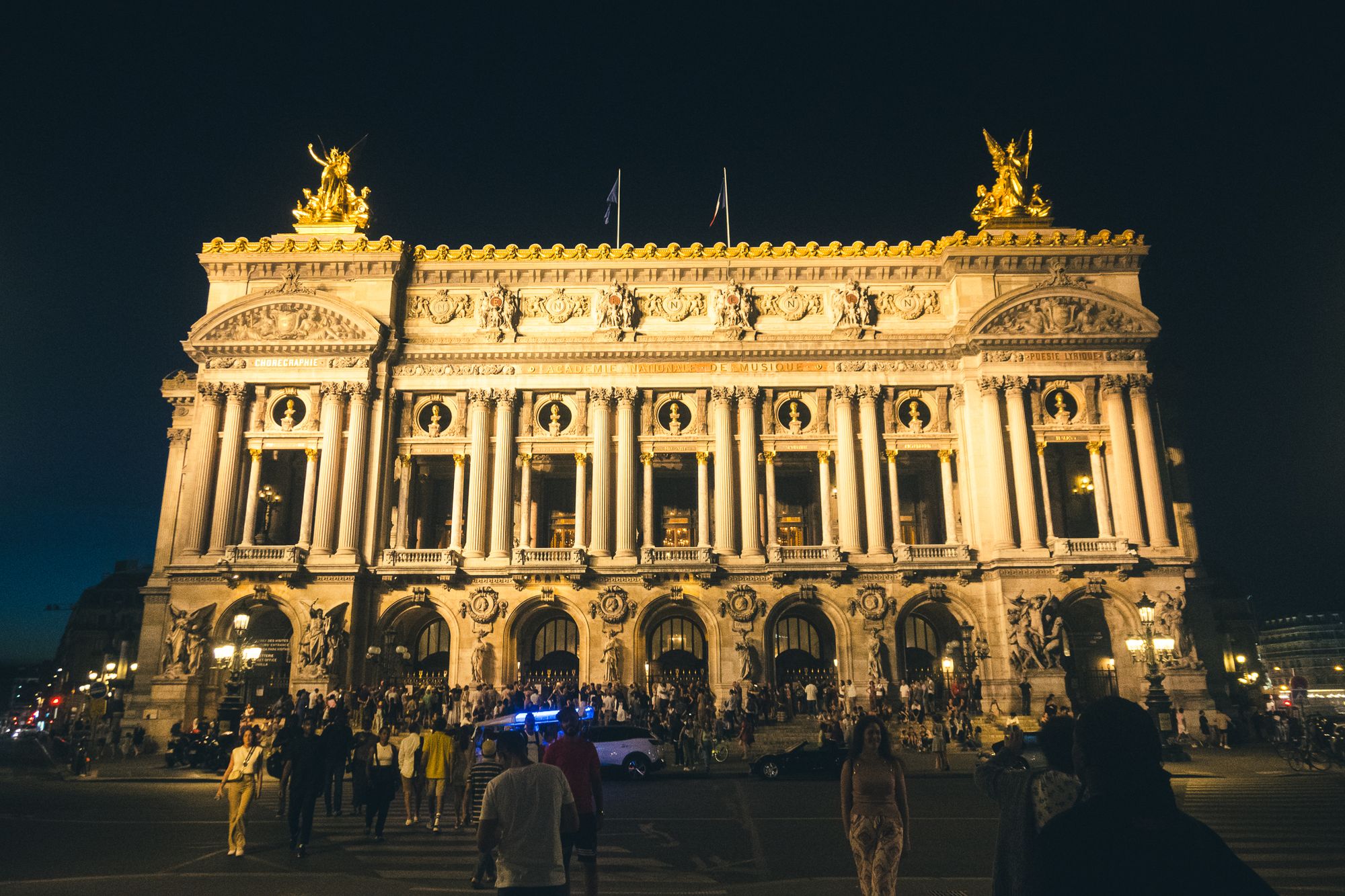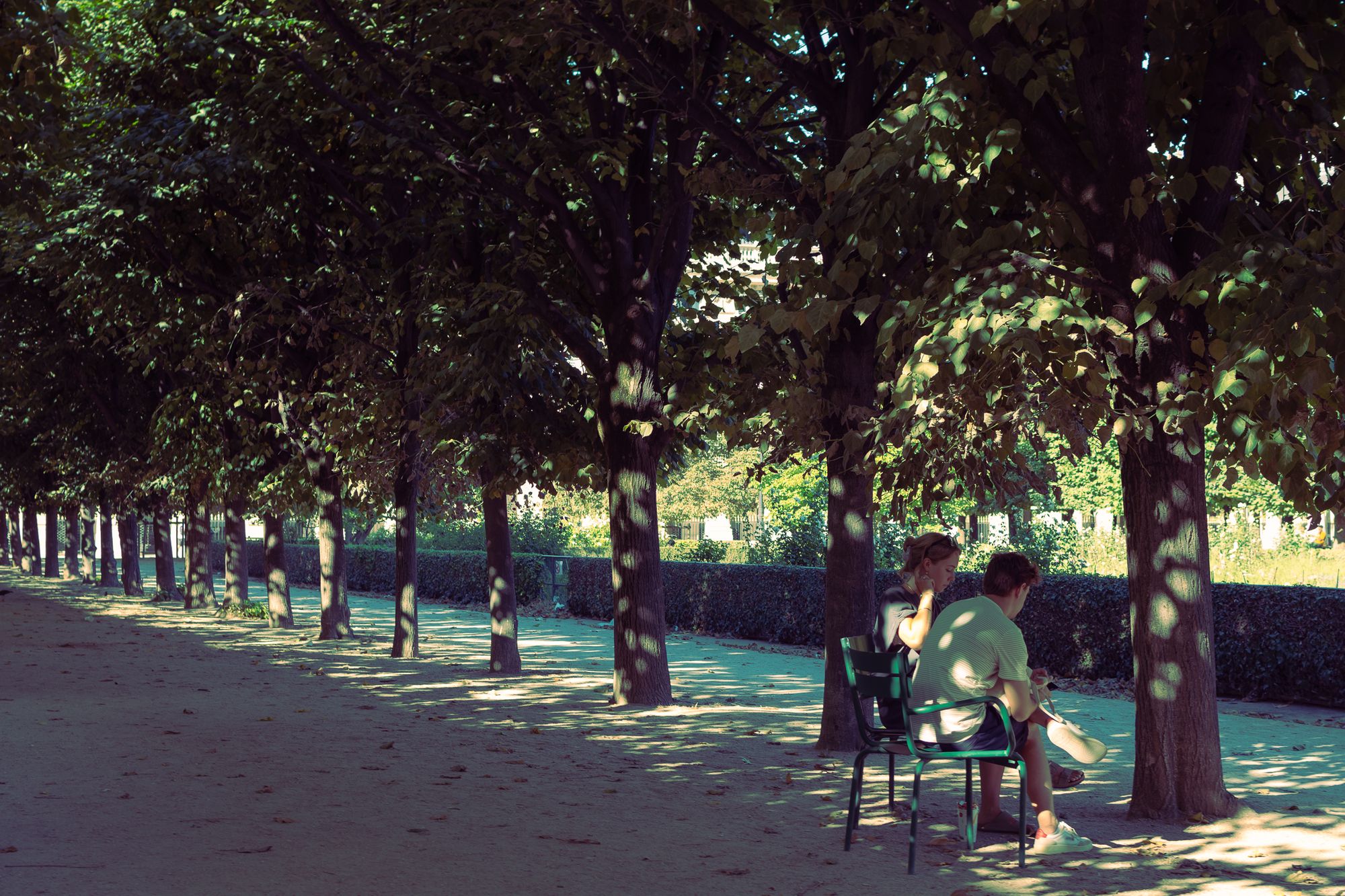An American with a Parisian Flow

After two weeks of living as a Parisian, I noticed some stark differences from American life that contribute to the overall different vibe in Paris and likely throughout France. I have been informally interviewing my local friends about cultural habits, analyzing French society, and experiencing varying realities about living abroad in this country. I will discuss some of my realizations so far, spanning topics like food to group mindset.
Petites Portions
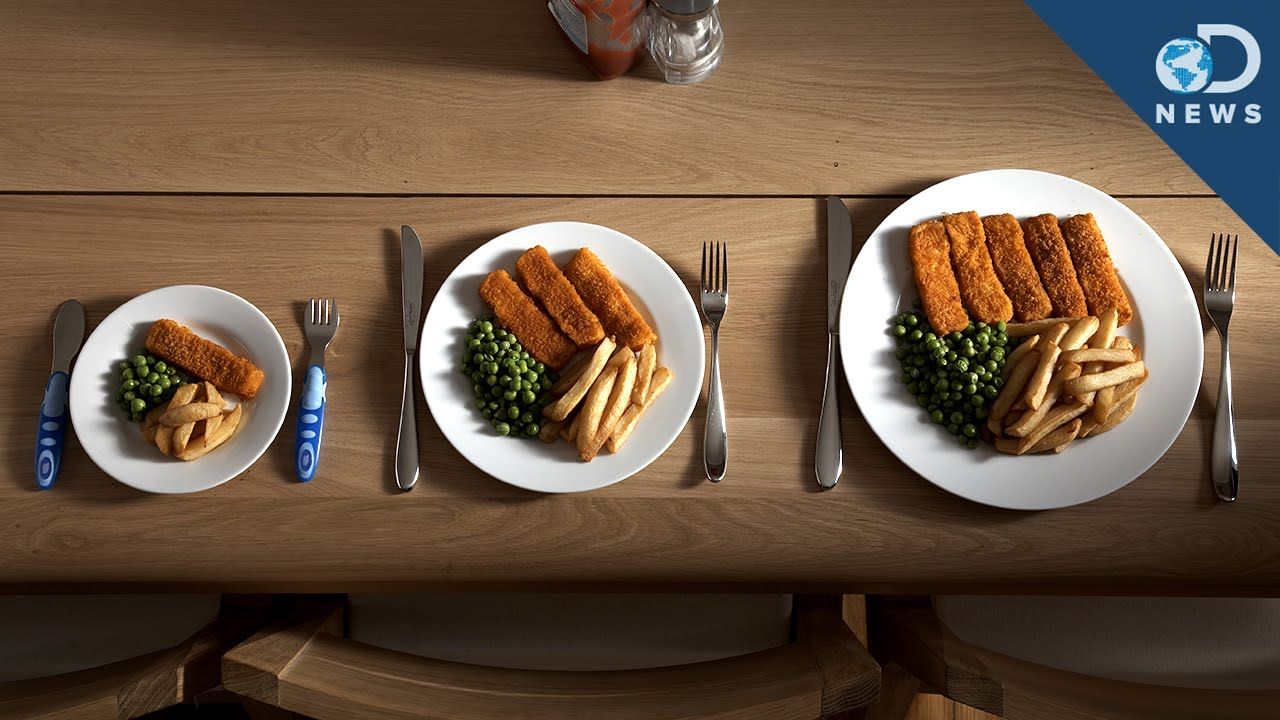
Towards the end of my first week here, I stopped eating out as much and started shopping at food markets, where portion sizes were much smaller than in America. I had heard that restaurants had petit portions since that was a hallmark of French cuisine. However, I was shocked that products from my local Carrefour, food supermarket, were smaller and more expensive than I anticipated from American ones.
I spent an hour and a half trying to find foods I regularly ate, such as ground turkey and uncooked chicken thighs but to no avail. Peanut butter was more expensive (like 5 euros) than usual, so I opted for a Biscoff spread as a temporary replacement. I also noticed that products like jelly were of higher quality despite being smaller in size, so the price inflation made sense from that perspective but paying more for less took some time to register in my Americanized mind.
There is a learning curve for French grocery shopping that I’m still trying to navigate, but a friend from College who has been living here in Paris for years gave me a few tips:
- Shop for the next two or three days rather than for the week
- Visit the outer arrondissements (18th-20th) since they have more community markets with butchers and other specialized workers for better-priced meats, vegetables, and other foods.
- When eating out, eat away from the city’s center when you can since the prices are usually higher.
A Healthier People
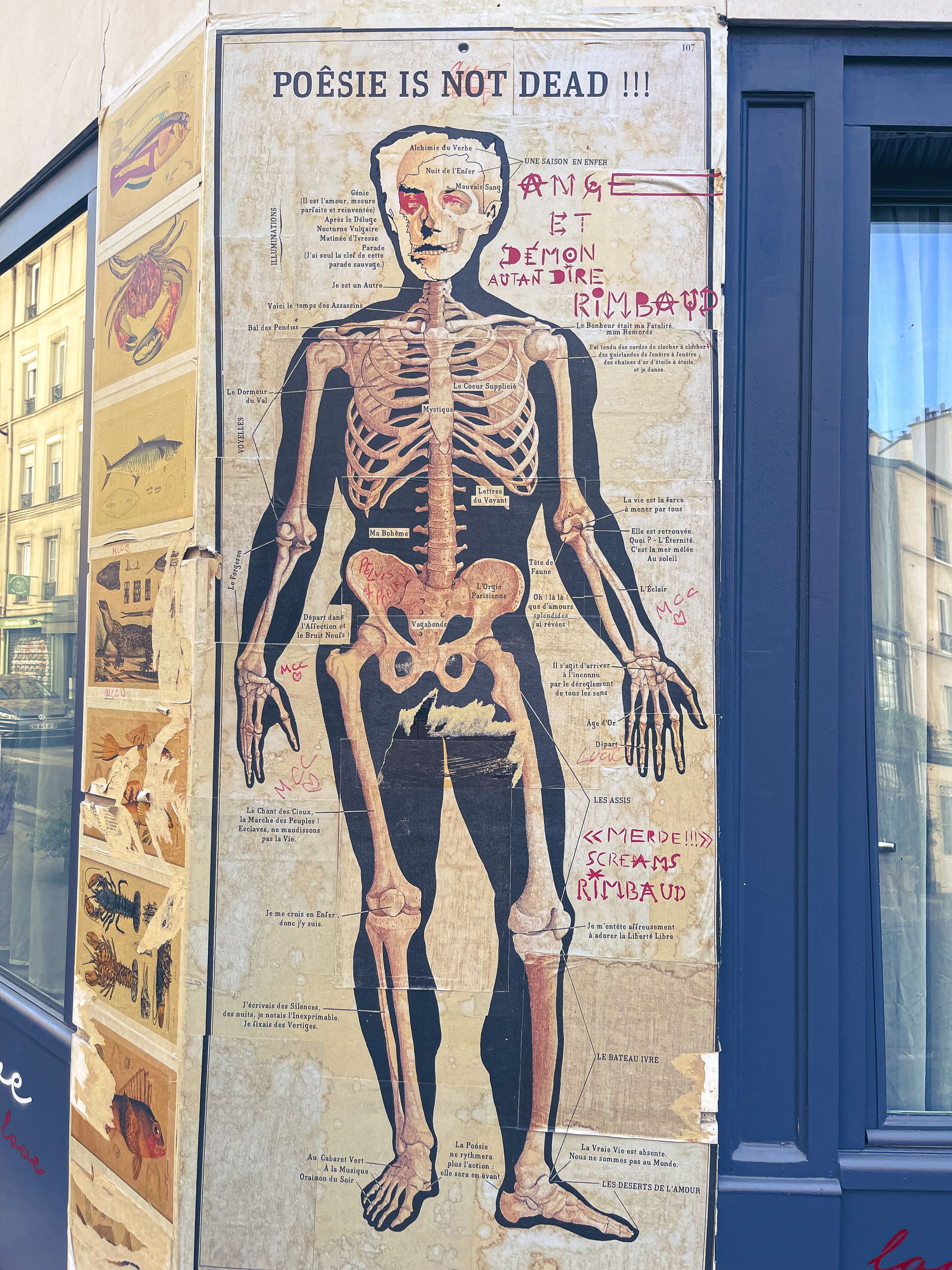
Obesity is much rarer in France than in the United States due to petit portions. Food portion control is one of the keys to the country's slender population and lowers daily calorie consumption. As a result, there is a stark contrast in rates of obesity, where 32 percent of American adults are overweight compared to only 11 percent of French adults. Studies conducted at Penn State University and Cornell University prove that large food portions cause people to eat more.
Furthermore, University of Pennsylvania psychologist Paul Rozin compared portion sizes between Paris and Philadelphia, finding that 10 out of 11 French restaurants (matched by location, price, and type of food) were smaller than Philadelphia portions by an average of 25 percent. The same disparity exists in the recipe sizes in American and French cookbooks. American ingredient sizes were 25 percent larger, and meat dishes were 53 percent larger on average than French cooking recipes.
Delayed Gratification
This data and the more active French lifestyle contribute to better health and standard of living. I am not surprised why I have hardly seen obese people and have lost a few pounds already. My perception of obesity may also differ from what French people perceive as overweight.
Finally, the French three-course meal cleverly uses psychology to encourage better eating habits that assist digestion and portion control. It has a neural basis of delayed gratification that leads to people taking their time while eating their smaller entrée and savoring the taste in anticipation of their dessert.
This process releases more dopamine than the immediate reward of devouring your entire steak in a couple of bites (somewhat guilty of this at times). The willpower associated with waiting increases dopamine activity, so the payout for taking your time to eat in moderation and in smaller amounts is more satisfying.

Processed Food
I believe it's essential to factor in food processing standards in each country to explain their respective health outcomes. American foods are grown and genetically modified more than their European neighbors. The American diet is energy-rich but lacks essential nutrients due to the agricultural methods that deplete soil nutrients.
Moreover, American packaged foods are ultra-processed with laboratory synthesized fats, modified starch, toxic additives, and more. This unhealthy food diet is partly due to many Americans being unable to afford quality and healthy products. On average, people rely on cheap, processed foods that are not as nutritious, which is a detriment to physical and mental health. This poorer food quality is more affordable, convenient, and normalized in the U.S. Conversely, the higher quality food and smaller food sizes have been staples in the French zeitgeist.
Until I moved to Paris, I had not realized that my brain was conditioned to larger food sizes, and my palette became accustomed to less tasty and nutrient-deficient foods. Each country's food approach reflects aspects of its sociocultural and economic priorities. From what I've felt and seen, French eating customs and culinary choices are more advantageous for health. French society's better health is paradoxical when you acknowledge their higher rates of smoking cigarettes and rich food cuisine.
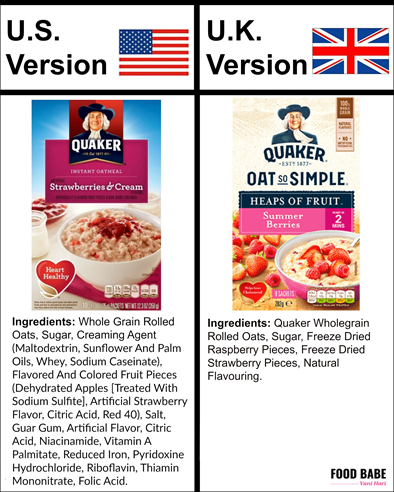
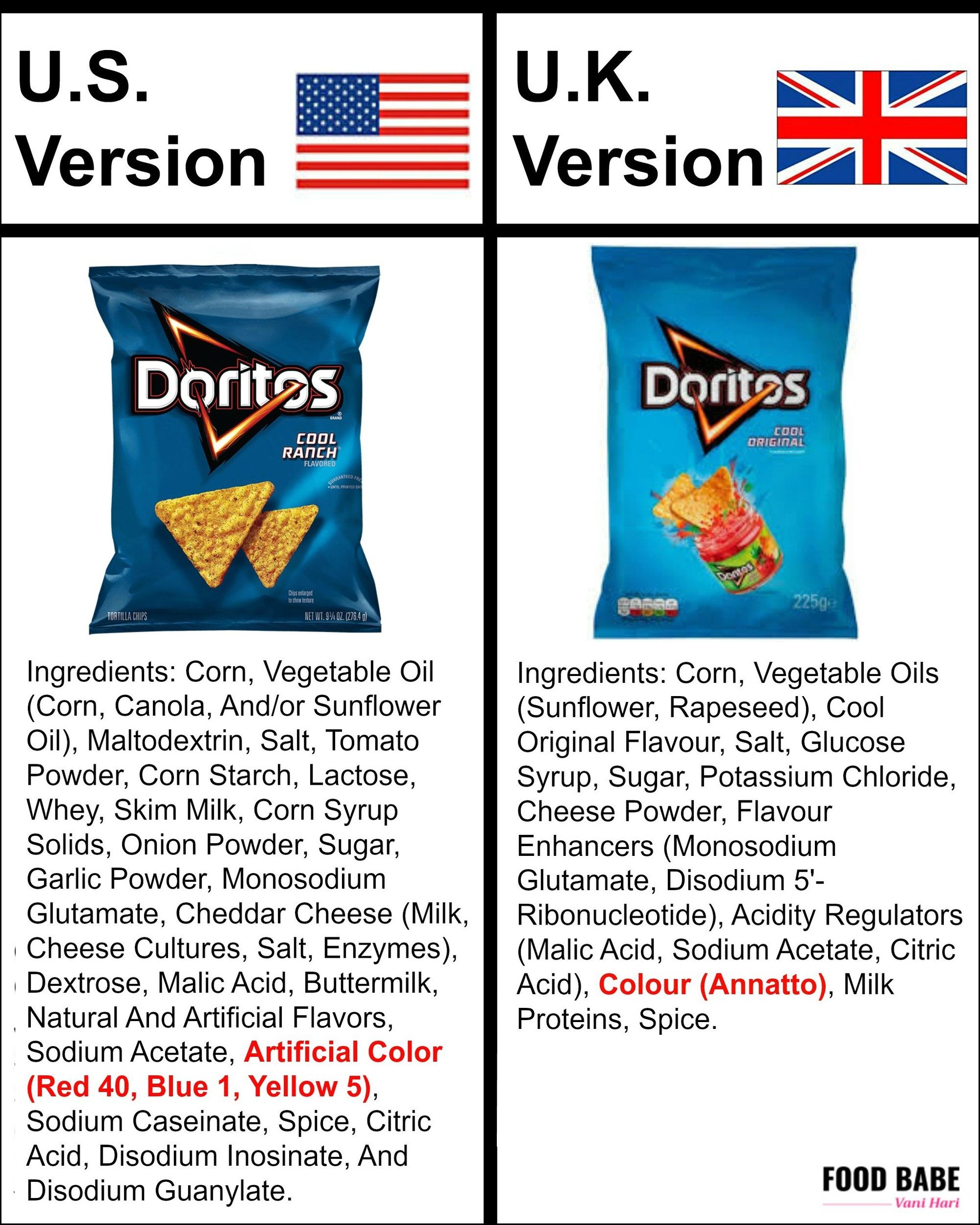

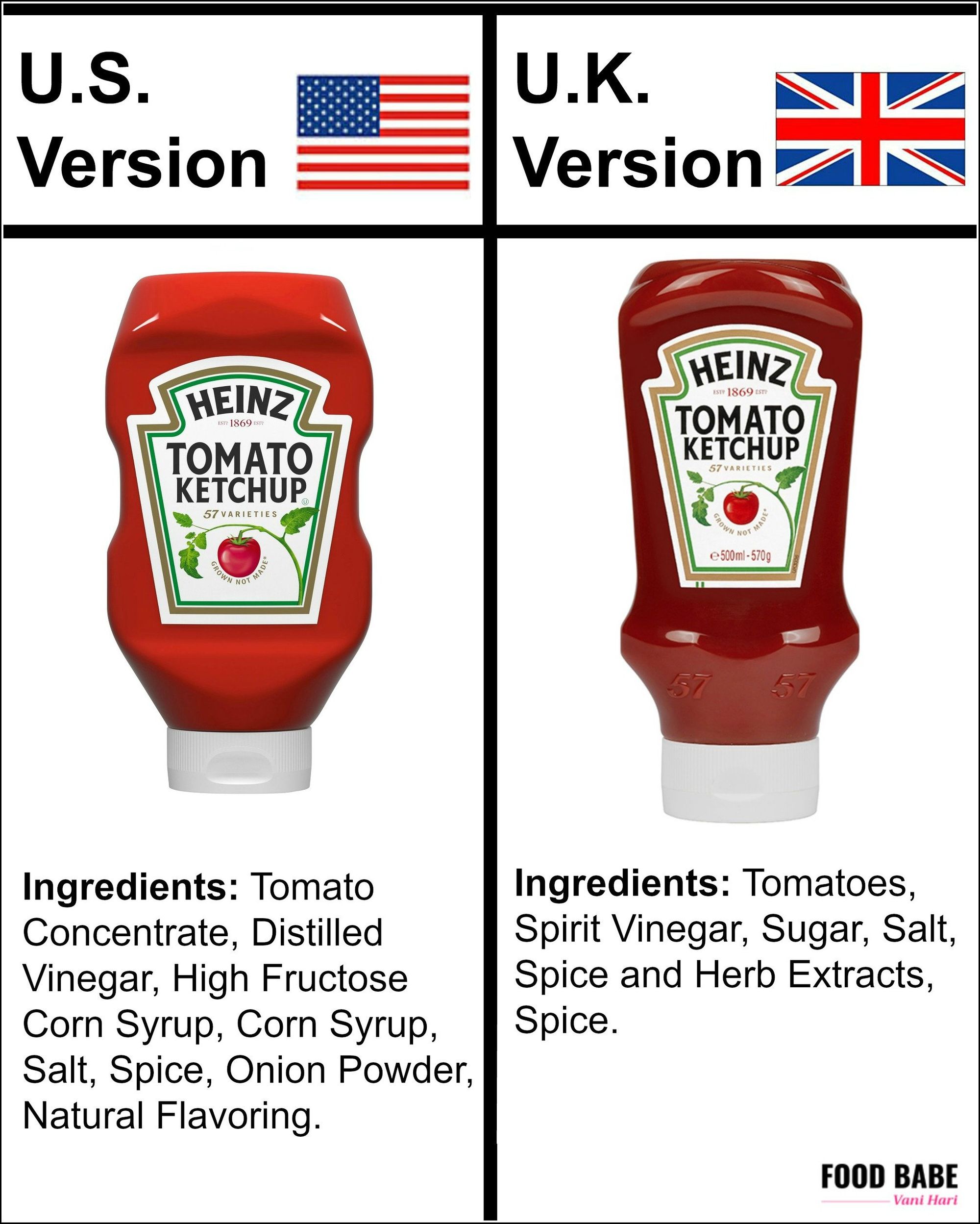
The French Lifestyle

Alright, I have finished my analytical review of French cuisine for the most part. On to the romantic view of the French lifestyle, which is what I considered the most captivating piece of living in France besides the beautiful sights and architecture. Living in Paris is truly a vibe. The ease or inclination to be a flâneur, which translates as “to stroll” or “to lounge,” about living life here is infectious. Flâneur is a person who walks the city in order to experience it and reflects French ideals.
The French emphasize living a simple, enjoyable life that does not prioritize money, works, or living lavishly but champions experience through art, food, fashion, social functions, and architecture. This lifestyle feels like the antithesis of America’s fast-paced environment, where the toxic capitalist mindset makes productivity the norm and makes leisure activity a luxury or guilty feeling.
In 2000, France legally mandated the 35-hour work week, prioritizing a good work-life balance for many workers. The law ensured employees would have above-average leisure time, so approximately 15 hours per day are available for personal care and free time on an average day. Law-protected work-life balance is such an insane concept from an American perspective that it almost sounds imaginary since capitalism has set the standard work week as 40 hours, but many work much more than that to make ends meet.
The United States is the most overworked “developed” nation. Americans have very little paid holiday, vacation, and no national paid parental leave benefit. The American and French cultures are night and day. For instance, I noticed that French restaurants have pretty flexible hours from the U.S since many break in the afternoon or close in the early evening. Others are randomly closed during the week, and some establishments take the entire month of August off for holiday. To sum it up, Americans live to work, but French people work to live.
Who is the Flâneur?
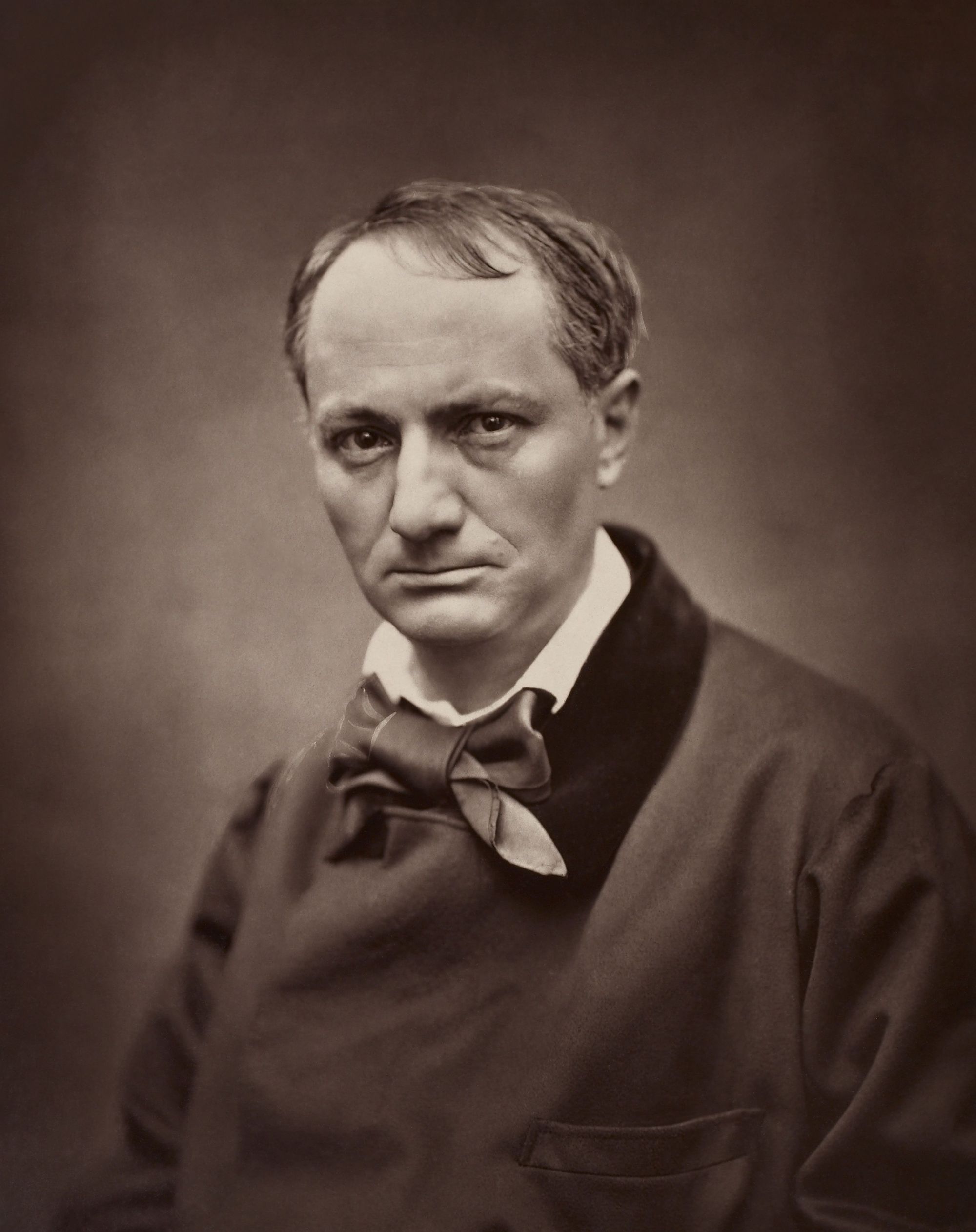
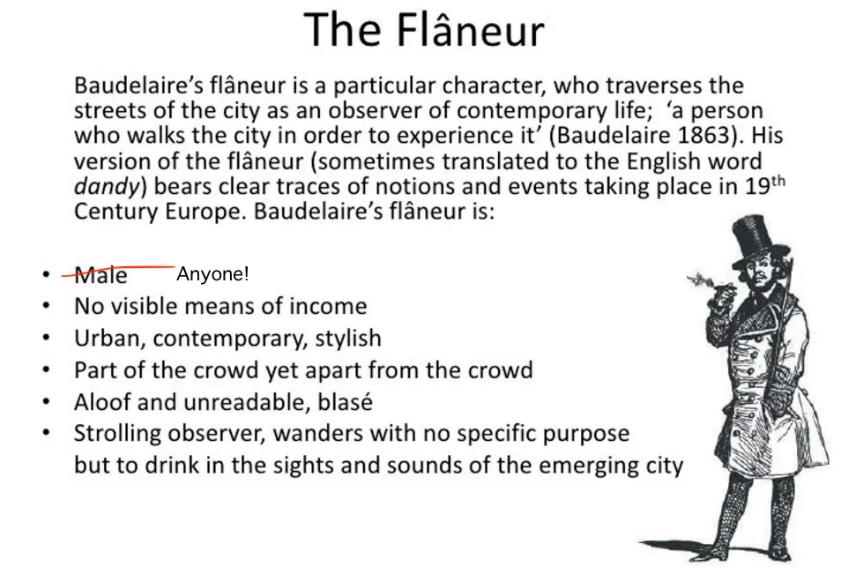
On an individual level, French people seem to go through life without a specific destination in mind but with a flow and objective to see the world through a romantic lens. The term flâneur comes from French poet Charles Baudelaire whose rhythmic writing and subject manner exemplified Romantic attitudes, such as a deep appreciation of nature's beauty, a preference for emotion and sense over reason and intellect, and emphasis on aesthetics, creativity, love, and self-improvement. In his 1863 literary work “Le Peintre de la vie moderne” (The Painter of Modern Life), Baudelaire describes the perfect flâneur as “the passionate spectator.” He continues by stating,
“it is an immense joy to set up house in the heart of the multitude, amid the ebb and flow of movement, in the midst of the fugitive and the infinite,”
which aptly describes the feeling of sitting down at café to people watch, going to a museum to appreciate art, or sitting down with friends over dinner to enjoy the moment. My personality and values have always aligned well with Romanticism, so I’ve been adapting well and feeling more at peace in Paris. The city has encouraged me to slow down, cherish natural beauty, enjoy good conversations a little more, take more walks, and cultivate my intellect in literature, fashion, and other arts.
